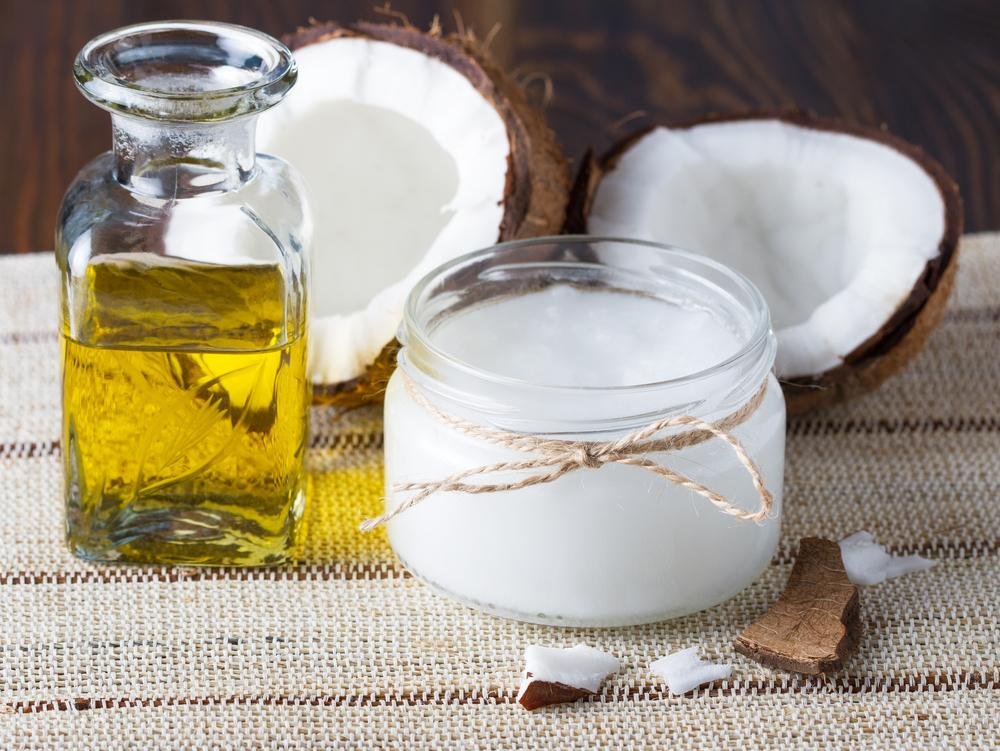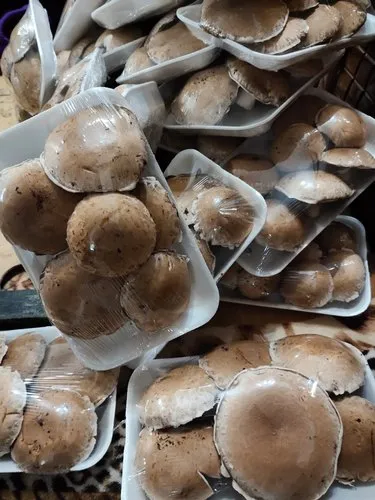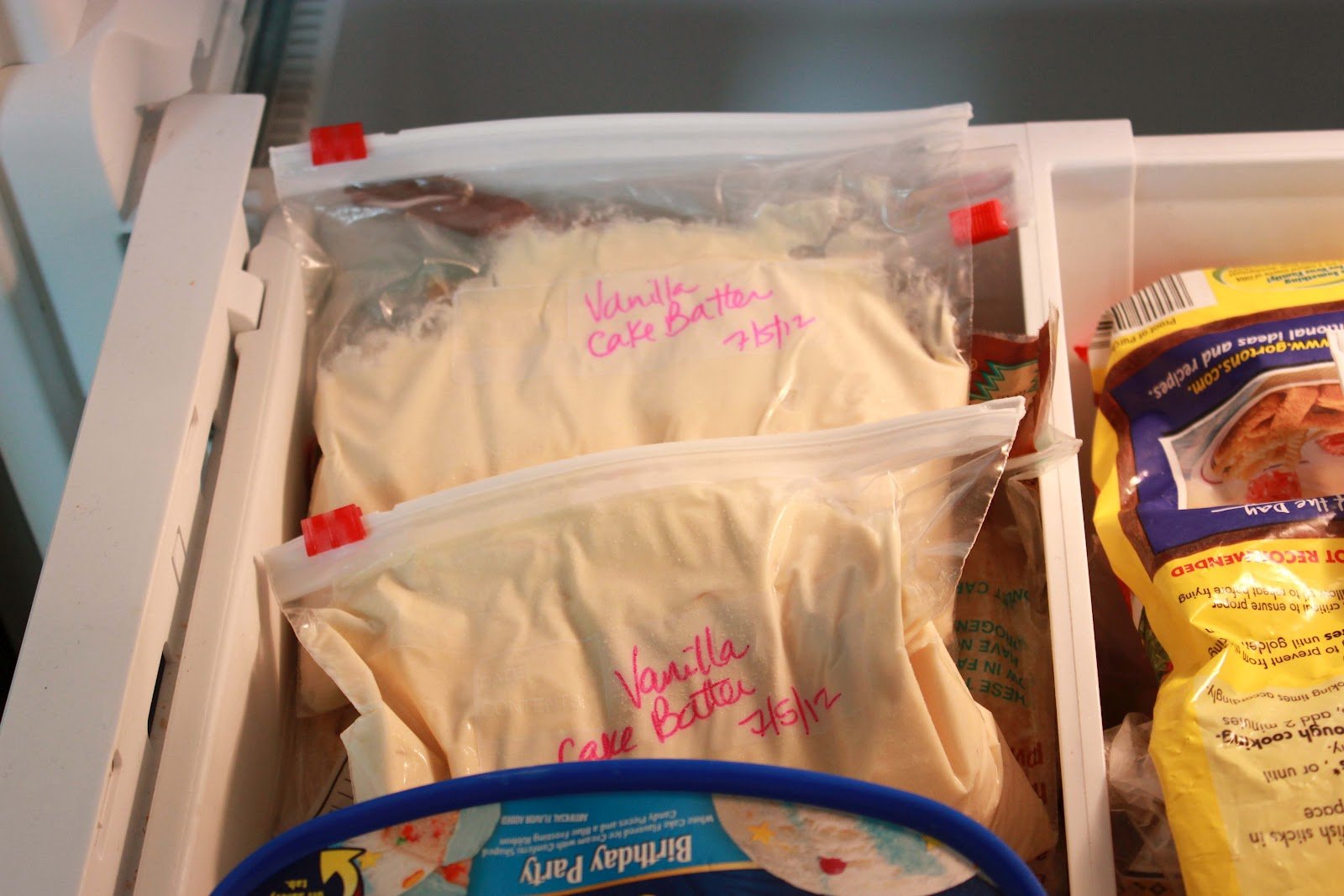Coconut oil is an edible oil with many health benefits. It has a long shelf-life and tastes delicious. Coconut oil is not easily spoiled due to its high level of fatty acids. Coconut oil’s high lauric acid level gives it many medicinal benefits. people use it to make many recipes like coconut breads, cakes, poha, banana chips etc.
Coconut oil is essential in many kitchens, natural medicine cabinets, and other areas. However, it does not last forever. Coconut oil can become rancid if it is kept long enough and begins to smell bad. Coconut oil can turn yellowish-brown in color, which could indicate mold spots.
Coconut oil can be stored properly and may last several months after its expiration date. This does not mean that your coconut oil is perfect.
Instead, be aware of the signs of coconut oil deterioration. Also, learn how to tell if your coconut oil is rotten.

This article will discuss coconut oil’s shelf life, storage, benefits, and other aspects.
Types of coconut oil:
Coconut oil refined
According to various sources, the shelf life of coconut oil can vary between 18 months and two years. This will depend on the producer and the production method, but you can generally expect the product to last for at least two years. It is unrealistic to expect a product to last more than two years.
Virgin coconut oil
Virgin coconut oil, or unrefined, will last longer. Sources suggest that it will last for three years, but some may be longer depending on the manufacturer. Some brands claim a shelf-life of five years. Follow the manufacturer’s recommendations.
Can Coconut Oil Go Bad?
Coconut can go bad as an organic product. However, it is a stable foil that has a long shelf-life. Manufacturers usually indicate a “best before” date within 2 to 4 years of the production.
Color changes are a sign of spoilage. Coconut oil should be clear when it is liquid and milky white when it is solid. It is most likely to have gone bad if it turns yellow.
Coconut oil has a smooth consistency. It may be spoiled if it becomes too chunky.
Unknown substances can also be a sign. If you see darkened containers, it could indicate that mold is growing. It is better to remove the entire contents in such cases.
The coconut scent is quite distinct and clean-smelling. If the oil becomes rancid, it will turn into a stinky smell.
You will notice a change in the taste of oil pulled or used for cooking. As an indicator of spoilage, the slight coconut flavor may have gone sour.
Rancid oils might not make you feel sick right away. However, they can cause cell damage, leading to cancer or heart disease. just like coconut oil if you want to know weather peanut oil goes bad or not then read more on it here for better understanding.
5 Indicators That Coconut Oil Is Bad
The most obvious indicators that your coconut oil is past its expiration date are the smell, taste, and appearance. Below, we have provided more information about each of these factors.
A strong scent
Rancid coconut oil can smell pungent. Refined coconut oil usually has a neutral smell, while virgin coconut oil (or unrefined coco oil) typically has a coconut aroma. It is possible coconut oil doesn’t smell fresh. It’s likely to be bad coconut oil, as with any other refined oil, such as vegetable oil.
Dark spots
Coconut oil has antimicrobial properties and can contain spots of mold or bacteria. You wouldn’t want to ingest stale coconut oil or apply expired coconut oil to your skin.
You must not use Coconut oil on the skin with unclean hands or utensils. You should avoid double-dipping coconut oil to prevent bacteria from getting into coconut oil.
Color change
Coconut oil is usually clear-colored and solid white when solid. Your coconut oil may have turned yellow as it has past its expiry date.
A sharp taste
Coconut oil is naturally delicious, whether used in cooking or eaten by itself. Coconut oil that has gone rancid will taste sour.
Chunky consistency
Coconut oil is typically smooth in consistency. It will become chunky if it isn’t used up. Also, you may notice floating blotchy bits.

How to Choose the Best Coconut Oil?
You will be able to enjoy the oil for a longer time if you start with the highest quality oil. Prices for different brands and types vary depending on where they are made, how they are packaged, and how they are marketed. High prices don’t necessarily mean high quality, but they do not always imply great value.
- Color: Coconut oil should be clear when it is liquid. When it becomes solid, it should remain white. Any discoloration could indicate poor quality or contamination.
- Flavor Description: Unrefined virgin Coconut oil smells and tastes like coconut but without a strong flavor. You can heat the oil several times to produce a roasted, smoky aroma. Refined coconut oil has no odor and is neutral in taste.
- Other: Coconut oils can be expensive. You can store Coconut oil for at least one year, so you may be able to buy large quantities. This can help you save money. Try it out before purchasing to make sure that you love coconut oil. You can choose many brands to find the one that suits your needs best.
Coconut Oil: Is it All That Good?
Coconut oil is known for its many health benefits. Coconut oil is great for your heart and hair but has many health benefits. Coconut oil has its disadvantages, as you’ll see.
Coconut oil is high in saturated fats. Overdoing coconut oil can lead to higher levels of cholesterol. Coconut oil can cause heart disease and other side effects.
Coconut oil can also cause acne by clogging pores. Coconut oil is not recommended for use on the skin. This also applies to your scalp. Too much oil on the scalp can cause skin irritation and even lead to scalp acne.
How long should coconut oil be left in your hair to avoid this? Coconut oil is good for frizz and dry hair but shouldn’t be left on too long.
Let the oil sit on your hair for at least 2 hours before shampooing it. You should let the oil sit in your hair for at least two hours before shampooing it.
How to Keep Coconut Oil Safe?
Store Coconut oil at room temperature in a pantry or a kitchen cupboard. It is important to ensure that the oil is properly sealed in the glass jar.
You must store Coconut oil in a glass container. This is the best way to preserve it for long-term storage. After the oil has been opened, transferring it into another container is unnecessary.
Coconut oil, as with all oils, needs to be kept clean so it can last as long as possible. The following are some examples:
- Once you have scooped the required quantity, seal the container immediately.
- Always use clean spoons and never double-dip.
These procedures ensure that mold spores and other pollutants are not accidentally introduced to the jar.
It all depends on what you desire, liquid, solid-but–scoopable, or plain solid, to determine where you should keep the jar.
To keep the oil liquid, place it somewhere warm on top of your hot-water heater. Keep the oil in a cold cupboard or pantry when it is still liquid but solid. The fridge is the best option if you need the oil to be extremely firm.
Coconut oil can easily melt in warm water. Put as much coconut oil as possible in a bowl, then heat the water to boil. Although it may take a bit longer, warm tap water works just as well.
Should Coconut Oil be Kept in the Refrigerator to Extend Shelf Life?
Coconut oil can be kept in the fridge for protection against spoilage during very hot or humid conditions. Coconut oil can become very hard if it is kept in the fridge. It may also make it difficult to extract the coconut oil.
Coconut oil should not go bad due to bacteria. Always use clean kitchen utensils for scooping out solid coconut oil.

Can You Freeze Coconut Oil to Stop It Going Rancid?
You can freeze Coconut oil to keep it from going rancid. This is a great way to prolong the shelf life of coconut oil.
To freeze coconut oil, warm it gently until it is liquid. After it has become liquid, add the coconut oil to the ice cube tray and freeze for at least two hours. This will make using coconut oil easier when you need it. The coconut oil ice cubes can be transferred to a bag and stored in the freezer until you are ready to use them.
if you love coconut then checkout coconut lime popsicles recipe to make them easily in your kitchen and enjoy with family.
FAQ’s
How can you prevent coconut oil from melting?
Coconut oil should be kept cool to prevent it from melting. You should not use coconut oil while taking a shower or bath. Coconut oil will be melted by steam and heat from the water. It is much easier to prevent the coconut oil from vaporizing than to keep it solidified.
Why is my coconut oil watery?
It will liquefy if the temperature is higher in the area where it is kept. It will be jelly-like if it is kept at a lower temperature. The oil will begin to solidify if the temperature drops even further. This means that oil will solidify if it is left in the refrigerator.
Are all coconut oil the same?
Although they have similar nutrient profiles, unrefined and refined coconut oil differ. Refined coconut oils have a milder flavor and smoke point and a lower smoke point. Unrefined coconut oils are less processed and have a stronger coconut flavor and lower smoke points.


We are baking experts and connoisseur of food with decades of cooking experience to cook and bake a variety of scrumptious food item to awaken the taste buds of people who eat our baked delights.
With our gumption, alacrity along with astute acumen to pick the authentic and best quality ingredients from across the world to make the scrumptious recipes which soothes the taste buds of eater has made him the name on which people can count on when it comes to cooking advice, world class meals and cuisines native to the different cities of world.
Our chefs unique ability improvise and make baked dishes with different raw produce and ingredients in less time which are delicious and relished by the guests has made kooky bakes leader in the arena of baking and serving mouth watering food.

